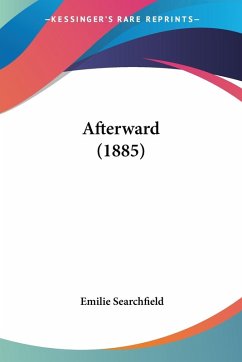Without having read any of them, I have a vague idea of what transpires in "left behind" stories. I see it as a brand of drama with little relevance to Scripture, but I would be wrong if there is a serious attempt to dramatize the Apocalypse--something which I would not attempt, and I think the book of Revelation does not lend itself to that. As in the previous volumes in this series, the story concerns the residents of a remote town in which we find some left-behind characters to follow and note how they get along. Of course times are increasingly difficult; indeed they reach a climax before the book ends. Are you surprised at finding that Earl Clark is here? How could he not be if the Samson analogy forms the backbone of this epic? In his reappearance he adopts the name Ichabod Samson. Larry Link is a popular character. We knew he would get left behind. In this book he sends Claudia a report from Russia after losing his wife in Babylon and his dog in Moscow. Eventually, he arrives back home just in time--for what? Opportunities to exposit Scripture are never lacking. Earl in his fortuitous disguise tries to resurrect Murphy's church and writes a sermon based on the first two chapters of Job. It's more relevant to us today than it would be to an audience in that day. While the main drift of any "left-behind" plot is predictable, there is a significant surprise lurking at the end of this book that links it to the next, an exception to what is expected. Earl Clark, like Samson, is an exception to what is expected of a godly hero. We have such narrow expectations! Are there not unexpected exceptions throughout Bible?
Hinweis: Dieser Artikel kann nur an eine deutsche Lieferadresse ausgeliefert werden.
Hinweis: Dieser Artikel kann nur an eine deutsche Lieferadresse ausgeliefert werden.








